Advertisement
Jan 01, 2000 By Sana
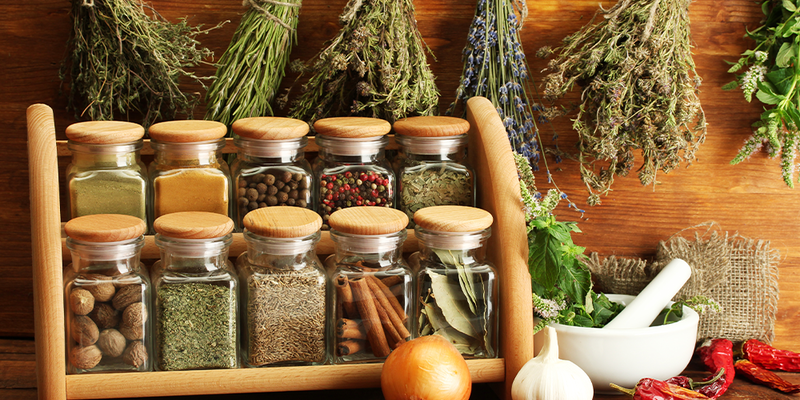
Herbs are used worldwide for their incredible benefits. Some people use them to manage health issues, and others use them in cooking to flavour dishes. Now, herbs are also used in skin and hair care.
But when you buy herbs, do you have difficulty keeping them fresh? Yes, they become wilted and unusable after just a few days, and maintaining their freshness can be tricky sometimes.
Don't worry! We'll make this tricky task easier for you. In this article, we'll share the five best ways to store fresh herbs & keep them fresh longer.
From now on, you will always have fresh herbs ready to add to your favorite recipe. So let's get started!
Understanding Different Types of Herbs
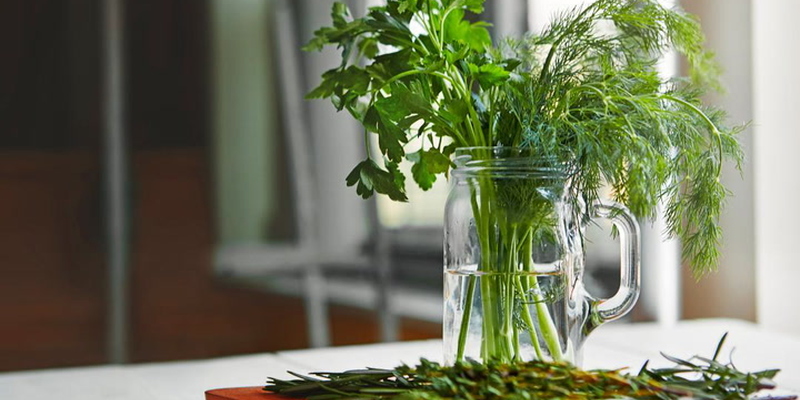
You should be aware of some general characteristics when it comes to storing herbs. There are two main kinds: the various herbs are divided into soft and hardy. All of them require distinct strategies to remain innovation-friendly.
Soft Herbs and Hardy Herbs
Soft herbs have small and thin stems, and the leaves are also thin. Cilantro, parsley, mint, and dill can be soft herbs. Botanically, their stem is usually green and edible. However, the taste may be bitter sometimes. Such herbs require proper handling because they are very sensitive.
On the other hand, hardy herbs are distinguished by woody stems and more robust leaves compared to tender ones. Spices such as rosemary, thyme, and oregano are in this category. You cannot eat their stems since they are very hard, but their leaves are rich in taste.
Why Herbs Turn Bad Within the Shortest Time
Have you been wondering why your herbs wilt so fast? There are a few reasons:
- Their texture becomes moist and slimy when there is an excess of moisture.
- If there is not enough moisture, they become dry.
- Exposure to too much light or providing too much oxygen can cause them to turn brown.
- The wrong temperature also has a way of either freezing or rotting them.
5 Best Methods to Store Fresh Herbs
Now that we understand the different types of herbs and why they spoil let's explore the best ways to keep them fresh. These methods are easy to follow & can extend the life of your herbs from days to weeks.
Whether working with delicate cilantro or hardy rosemary, these tips will help you get the most out of your herbs.
1. The Bouquet Method for Soft Herbs
This method is very effective, especially for soft herbs such as cilantro, parsley, and mint. Wash the herbs under cool water first, but do not scrub or rub the herbs too hard. After washing, vigorous shaking and toweling are dry, or the salad spinner is used.
Cut them to about an inch from the base of the stems. Take a glass and pour 1-2 inches of water into it; then, put the herbs into the glass as if they were flowers. Be sure none of the leaves are in contact with the water.
Place transparent plastic foil over the leaves, but do not seal it tightly, to create a mini greenhouse. Keep in the refrigerator and change the water every 2-3 days.
Employing this method can help keep your soft herbs fresh for two weeks or more.
2. Paper Towel Technique for Hardy Herbs
Use the paper towel method to freeze herbs such as Rosemary, Thyme, and Sage that are a little more rigid. First, rinse the herbs under cold running water, then drain them and allow them to drain for a considerable time.
Wet a paper towel slightly so the herbs are moist but not soaked. Fold the herbs into the damp paper towel and make sure all the parts of the herbs are covered. Put the wrapped herbs into an airtight plastic bag or a glass jar with a lid on it tightly.
Place it in the refrigerator, and feel free to check on it now and then to ensure the paper towel is still moist. Rewet if necessary. This technique can make hardy herbs last for between two to three weeks.
3. Freezing Herbs for Long-Term Storage
Freezing is an excellent option for preserving herbs for several months. Wash and dry hardy herbs thoroughly, then place them in a freezer-safe bag.
Squeeze out as much air as possible before sealing. Chop soft herbs finely and place them in ice cube trays. Cover with a bit of water or olive oil and freeze. Once frozen, transfer the cubes to a freezer bag.
This method preserves the herbs' flavor, making them perfect for cooking, though their texture will change upon thawing.
4. Drying Herbs
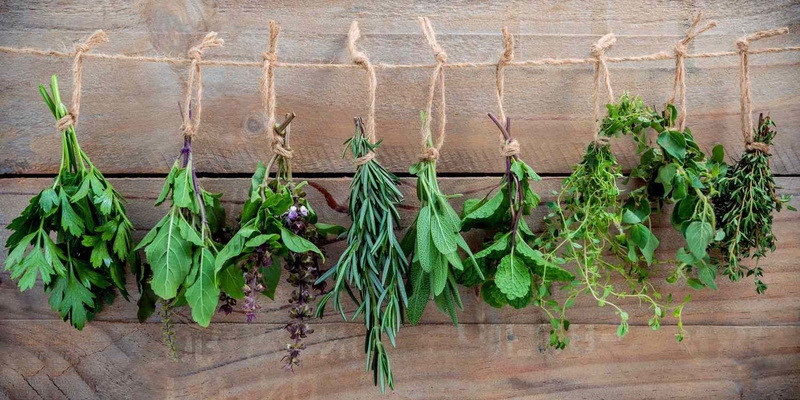
Drying is a traditional method that works well for most herbs. Start by washing the herbs and patting them dry. Gather 3 to 4 stems together and tie them with kitchen twine.
Hang these bundles upside down in a cool, dark place with good air circulation. Avoid direct sunlight, which can fade the color and flavor. Let them hang for 1-2 weeks until completely dry. Once dried, store in airtight containers.
This method preserves herbs for months and is great for hardy varieties like oregano and thyme.
5. Special Storage for Basil
Basil requires unique care to stay fresh. Start by trimming the stems as you would for flowers. Place the basil in a glass with about an inch of water, like a bouquet. Unlike other herbs, keep basil at room temperature and away from direct sunlight.
Don't refrigerate basil, as cold temperatures can turn the leaves black. Change the water every few days and trim the stems if they discolor. This method can keep basil fresh for up to a week or more.
How Long Can Fresh Herbs Last?
How long can you keep those fragrant herbs before they lose their magic? Let's break it down for you.
With proper care, most soft herbs like cilantro, parsley, and dill can last anywhere from 10 days to 2 weeks in the fridge. Sometimes, if you're really lucky & follow the storage tips closely, they can stretch to 3 weeks!
Hardy herbs are the long-distance runners of the herb world. When stored correctly, Rosemary, thyme, and sage can often last up to 3 weeks. Even without special treatment, these tough guys can hang on for about a week in their original packaging.
But remember, freshness isn't just about time. Watch for signs that your herbs are past their prime. If the leaves turn dark, slimy, or have a funky smell, it's time to say goodbye.
For those looking to extend their life further, freezing is your best bet. Frozen herbs can last several months, giving you a taste of summer, even in the depths of winter.
Dried herbs are the marathon runners, lasting up to 6 months when stored in airtight containers in a cool, dark place.
Conclusion
Fresh herbs can transform ordinary meals into something special. We've explored several ways to keep them at their best: the bouquet method for soft herbs, the paper towel technique for hardy ones, freezing for long-term storage, drying for preservation, and special care for basil.
Remember to clean your herbs well and store them properly. A little effort goes a long way toward extending their life.
Using these storage tips will save money, reduce waste, and always have fresh herbs ready for your recipes. You'll likely use herbs more often, adding flavor to your dishes.
So, give these methods a try and enjoy the delicious results in your cooking. Happy herb storing!
Frequently Asked Questions
Q: Can I store all herbs the same way?
Ans: Soft herbs like cilantro need different care than hardy herbs like rosemary. Soft herbs do well in water, while hardy herbs prefer being wrapped in damp paper towels.
Q: How long do fresh herbs last in the fridge?
Ans: Properly stored, most herbs can last 1-3 weeks in the fridge. Soft herbs typically last 1-2 weeks, while hardy herbs can stay fresh for up to 3 weeks.
Q: Is it better to freeze or dry herbs for long-term storage?
Ans: Both methods work well. Freezing preserves flavor better for cooking, while drying is great for herbs used in seasoning blends or teas.
-

Why Fusion Cuisine Is The Highlight Of 2024 Dining Trends
Sep 09, 2024
-

Why Yuzu Is The New Citrus Star In Global Cuisine
Sep 09, 2024
-
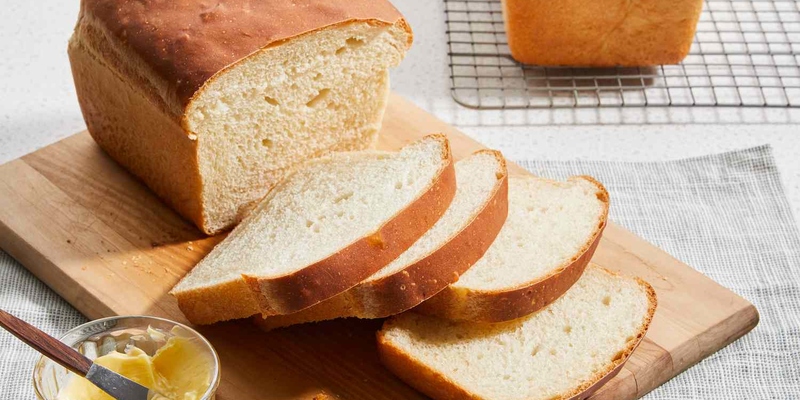
6 Secrets to Make Your Bread Rise Perfectly
Jan 01, 2000
-

What Makes Botana Sauces And Chili Oils 2024’s Hottest Condiments?
Sep 09, 2024
-
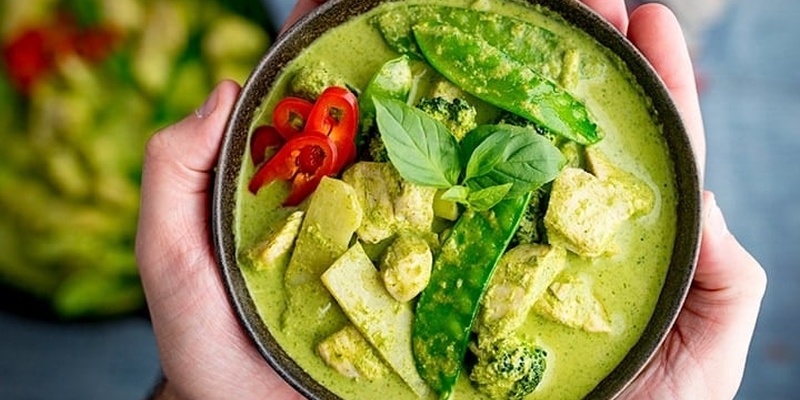
The Ultimate Guide to Cooking Thai Green Curry at Home
Jan 01, 2000
-
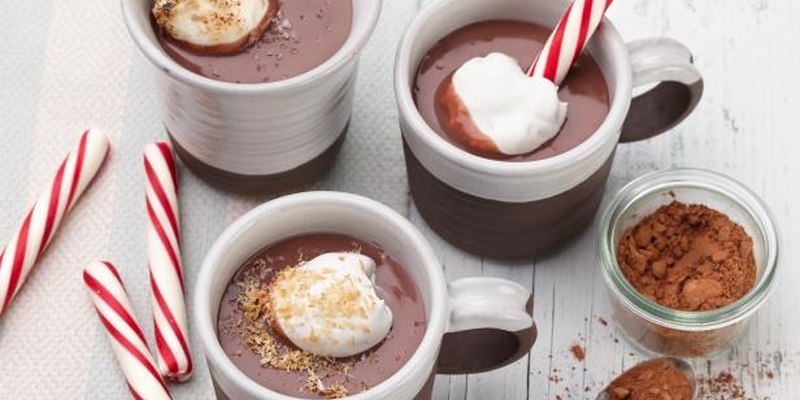
5 Tips for Making Creamy and Delicious Hot Chocolate
Aug 19, 2024
-

5 Best Ways to Store Fresh Herbs and Keep Them Fresh Longer
Jan 01, 2000
-

4 Simple Tricks to Avoid Soggy Pie Crusts Every Time
Aug 13, 2024
-
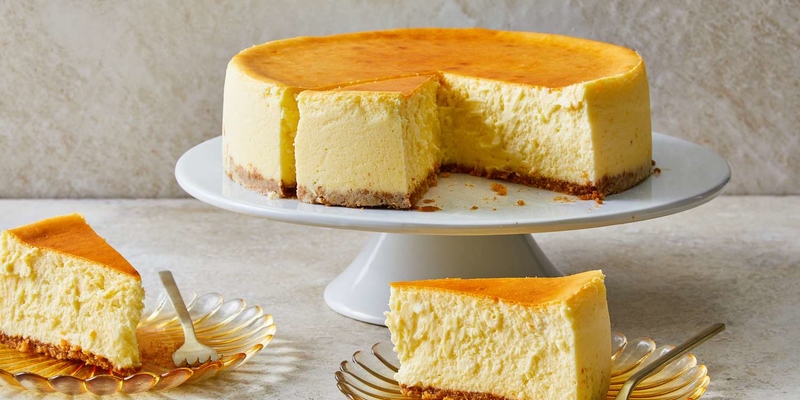
7 Proven Techniques to Prevent Cheesecake Cracks for a Smooth Finish
Aug 13, 2024
-

5 Tricks to Add Creaminess to Your Dairy-Free Dishes
Aug 19, 2024
-
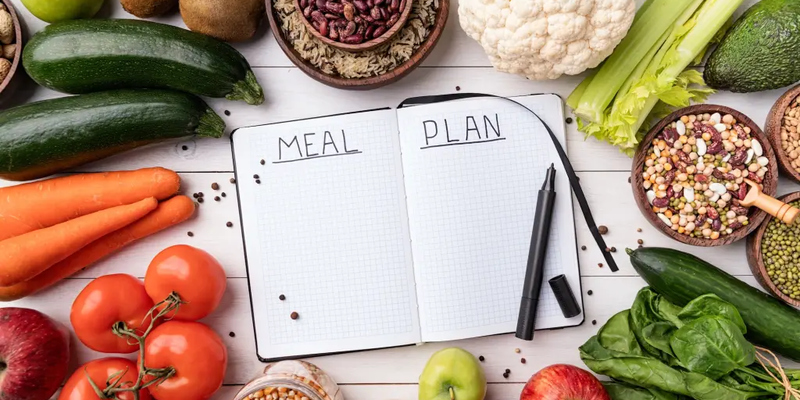
6 Smart Tips for Planning a Week of Healthy Meals
Jan 01, 2000
-
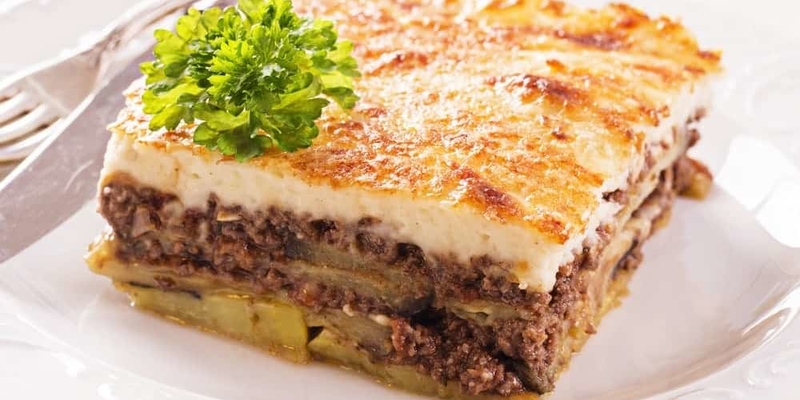
7 Secrets to Making the Perfect Greek Moussaka
Aug 19, 2024
-
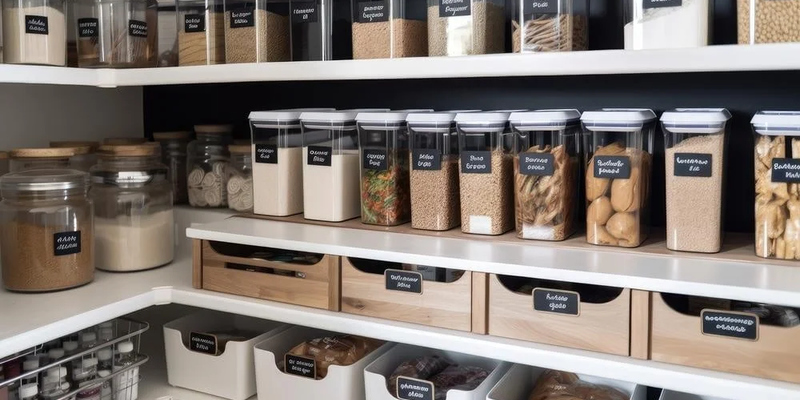
10 Genius Tips to Organize Your Pantry for Hassle-Free Meal Prep
Jan 01, 2000
-

Why Fancy Cookies Are The Affordable Treat Of The Year
Sep 09, 2024